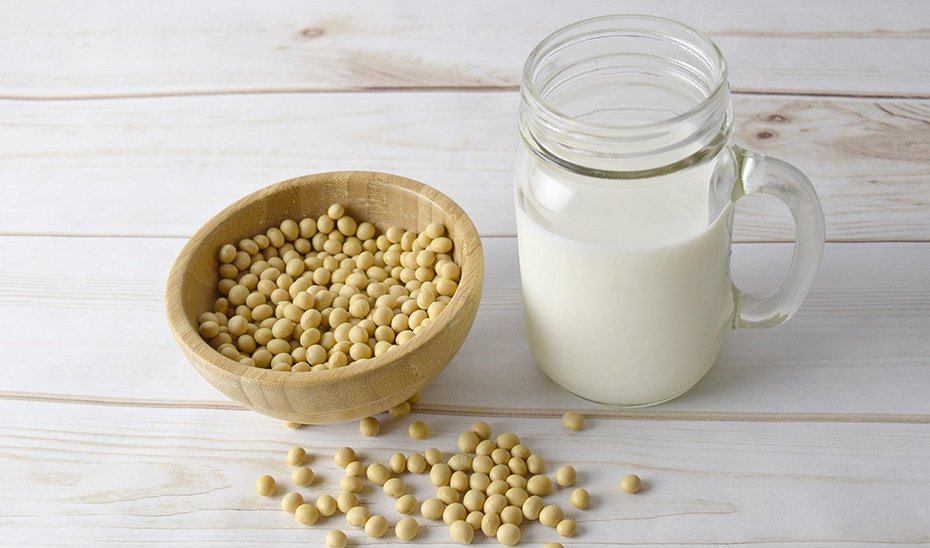A research team from the Experimental Station of Zaidín of the Higher Council for Scientific Research (CSIC) in Granada concludes that not all soy beverages provide the same nutritional benefits to the body. After evaluating different types of this product, these researchers have determined that those enriched with calcium or higher protein content have a greater quantity and quality of necessary micronutrients, both before and after digestion.
The ‘in vitro’ digestive process to which the different samples were subjected replicates the phases that a food goes through after ingestion. Thus, the experts who participated in this research, funded through the project ‘Nutritional properties, bioaccessibility, and functionality of new legume-derived foods’ from the Ministry of University, Research and Innovation, evaluated the nutritional behavior, before and after digestion, of five types of commercial soy beverages, including those enriched with calcium, high in protein, or low in fat.
The results of the study are presented in the article ‘Analyses of Antioxidant Properties, Mineral Composition, and Fatty Acid Profiles of Soy-Based Beverages Before and After an In Vitro Digestion Process’ in the journal ‘Antioxidants’.
Among the most relevant findings is that some of the beverages studied lost part of their antioxidant capacity after digestion. This means that not all the benefits indicated on the label are maintained once consumed. «However, it was also found that those enriched with calcium have a mineral content similar to cow’s milk, which can be positive for bone health, as this calcium is bioavailable, meaning it can be effectively absorbed by the body,» says CSIC researcher Cristina Delgado, author of the article, to the Descubre Foundation, an organization under the Ministry of University, Research and Innovation.
Research team from the Experimental Station of Zaidín in Granada, which conducted the study.
The research concludes that, although soy beverages are a good nutritional option in general, not all behave similarly in the body.
Are all soy beverages the same?
The study focused on three key aspects: mineral content, such as calcium, magnesium, or iron, fatty acid profiles, including the healthy fats present in plant products, and antioxidant capacity, that is, their ability to neutralize free radicals and protect cells from aging and diseases like cancer.
Another aspect of the study was the variability among products. Soy beverages offered different benefits: some had a more favorable fatty acid profile, while others stood out for their mineral content or for maintaining their antioxidant properties better after simulated digestion.
Thus, varieties enriched with calcium and those with high protein content showed better absorption of this mineral after digestion and a higher antioxidant capacity. The soy beverage with high protein content has a protein concentration very similar to cow’s milk and is highly bioaccessible after ‘in vitro’ digestion. However, other non-enriched soy beverages did not reach those levels.
On the other hand, soy beverages have a higher content of polyunsaturated fatty acids than cow’s milk, such as omega-6 and omega-3, which help regulate cholesterol. Additionally, the study recognized a high protective capacity on intestinal cells against oxidative stress.
However, the one labeled as low in fat showed lower levels of protection against cell oxidation, both before and after simulated digestion. Additionally, it offers less quantity and quality of usable fatty acids, which reduces its nutritional value.
The authors of this study emphasize the need for further research to better understand how digestive processes affect plant foods and which factors determine that their benefits actually reach the body.

